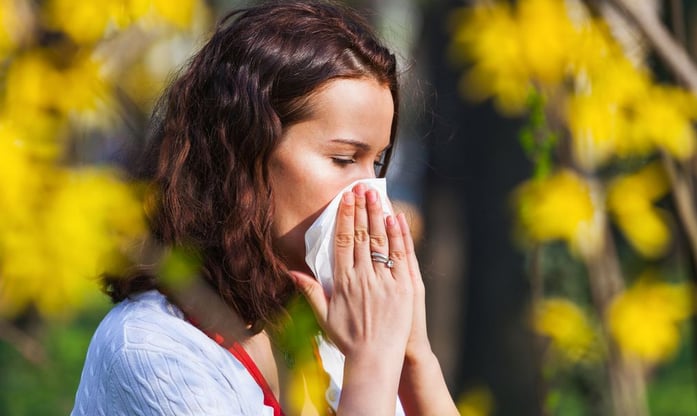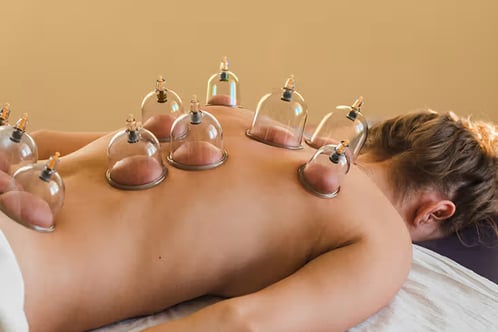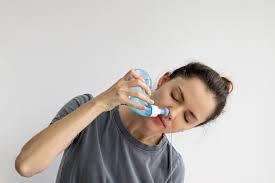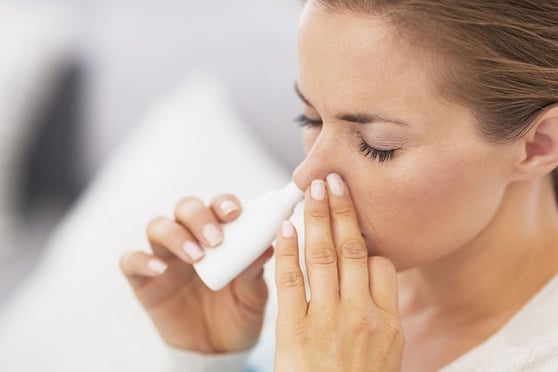Seasonal Allergies Treatment


Spring brings flower buds and flowering trees, but for the millions of individuals who suffer from seasonal allergies, it also brings sneezing, congestion, a runny nose, and other irritating symptoms. Seasonal allergies, often known as hay fever and allergic rhinitis, may make you unpleasant. But before you settle for synthetic flowers and artificial grass, consider these basic solutions for managing seasonal allergies.
Limit Your Exposure To Allergy Triggers
To decrease your exposure to the items that cause your allergy symptoms (allergens):
Stay indoors on dry, breezy days. The greatest time to go outdoors is after a good rain, which helps to remove pollen from the air.
Avoid lawn mowing, weed removal, and other gardening tasks that might trigger allergies.
To remove pollen from your skin and hair, remove your outside clothing and shower.
Do not hang washing outdoors since pollen might attach to sheets and towels.
If you are doing outdoor tasks, use a face mask.
You may limit your exposure by taking the following steps:
If high pollen counts are expected, begin taking allergy drugs before your symptoms appear.
Close doors and windows at night, or if pollen levels are high.
Avoid outside activities in the early morning, when pollen concentrations are maximum.
There is no miraculous solution that will eradicate all allergies from the air in your house, but the following tips may help:
Use air conditioning in both your home and automobile.
If you have air conditioning in your home, utilize high-efficiency filters and keep up with regular maintenance.
Use a dehumidifier to keep the interior air dry.
Install a portable high-efficiency particulate air (HEPA) filter in your bedroom.
Clean the floors often using a vacuum cleaner with a HEPA filter.
Over the Counter Medication Treatment.
Several otc drugs may help relieve allergy symptoms. They include:
Oral antihistamines: Antihistamines may assist with sneezing, itching, stuffy or runny nose, and watery eyes. Oral antihistamines include cetirizine (Zyrtec Allergy), fexofenadine (Allegra Allergy), and loratadine (Claritin, Alavert).
Corticosteroid nasal spray.:These medicines alleviate nasal symptoms. Examples include fluticasone propionate (Flonase Allergy Relief), budesonide (Rhinocort Allergy), and triamcinolone. Consult your doctor before using corticosteroid nasal sprays for an extended period of time.
Cromolyn sodium nose spray: This nasal spray reduces allergy symptoms by inhibiting the production of immune system chemicals that cause them. It works best if therapy begins before exposure to allergens. It is considered a highly safe medication, but it must be administered four to six times each day.
Oral decongestants: Oral decongestants like pseudoephedrine (Sudafed) may give brief relief from nasal congestion. Some allergy treatments mix antihistamines and decongestants. Examples include cetirizine-pseudoephedrine (Zyrtec-D 12 Hour), fexofenadine-pseudoephedrine (Allegra-D 12 Hour Allergy and Congestion), and loratadine-pseudoephedrine (Claritin-D). Consult your doctor about if using a decongestant is effective in managing allergy symptoms.
Rinse your sinuses
Rinsing your nasal passages with saline solution (nasal irrigation) is a simple, affordable, and efficient technique to reduce nasal congestion. Rinsing immediately removes mucus and irritants from your nose.
Saline solutions may be bought ready-made or as kits to mix with water. To limit the risk of infection, use bottled water whether making your own saline solution or using a kit.
Home Remedies
Homemade solutions should include one quart (1 liter) of water, 1.5 teaspoons (7.5 milliliters) of canning salt, and 1 teaspoon (5 milliliters) of baking soda.
After each usage, rinse the irrigation device well with clean water and let it to air dry.
Alternative therapies
A variety of natural therapies have been utilized to relieve hay fever symptoms. Extracts of the shrub butterbur, spirulina (dry algae), and other herbal medicines may help with symptoms. Based on the small number of well-designed clinical studies, there is insufficient evidence to show the safety and efficacy of these treatments.
Acupuncture research have had inconsistent results, with some suggesting a modest effect.
Consult your doctor before attempting alternative remedies.
Cupping
cupping is very old chinese method to treat allergy and other diseases.it is very popular treatment in asia as well as some arab and african countries where it is named as Hijama.
When Home Cure Is Not Enough
Many individuals find that avoiding allergies and utilizing nonprescription drugs relieves their symptoms. However, if your seasonal allergies continue to plague you, do not give up. There are many alternative therapy options available.
If you have severe seasonal allergies, your doctor may prescribe that you undergo skin or blood testing to determine which allergens cause your symptoms. Testing may help you establish what efforts to take to avoid your unique triggers and which therapies are most likely to be effective for you.
For some patients, allergy injections (allergen immunotherapy) may be a viable alternative. This therapy, also known as desensitization, consists of frequent injections of small doses of the allergens. Over time, these injections diminish the immune system response that produces symptoms. Some allergies may be treated with pills under the tongue.






